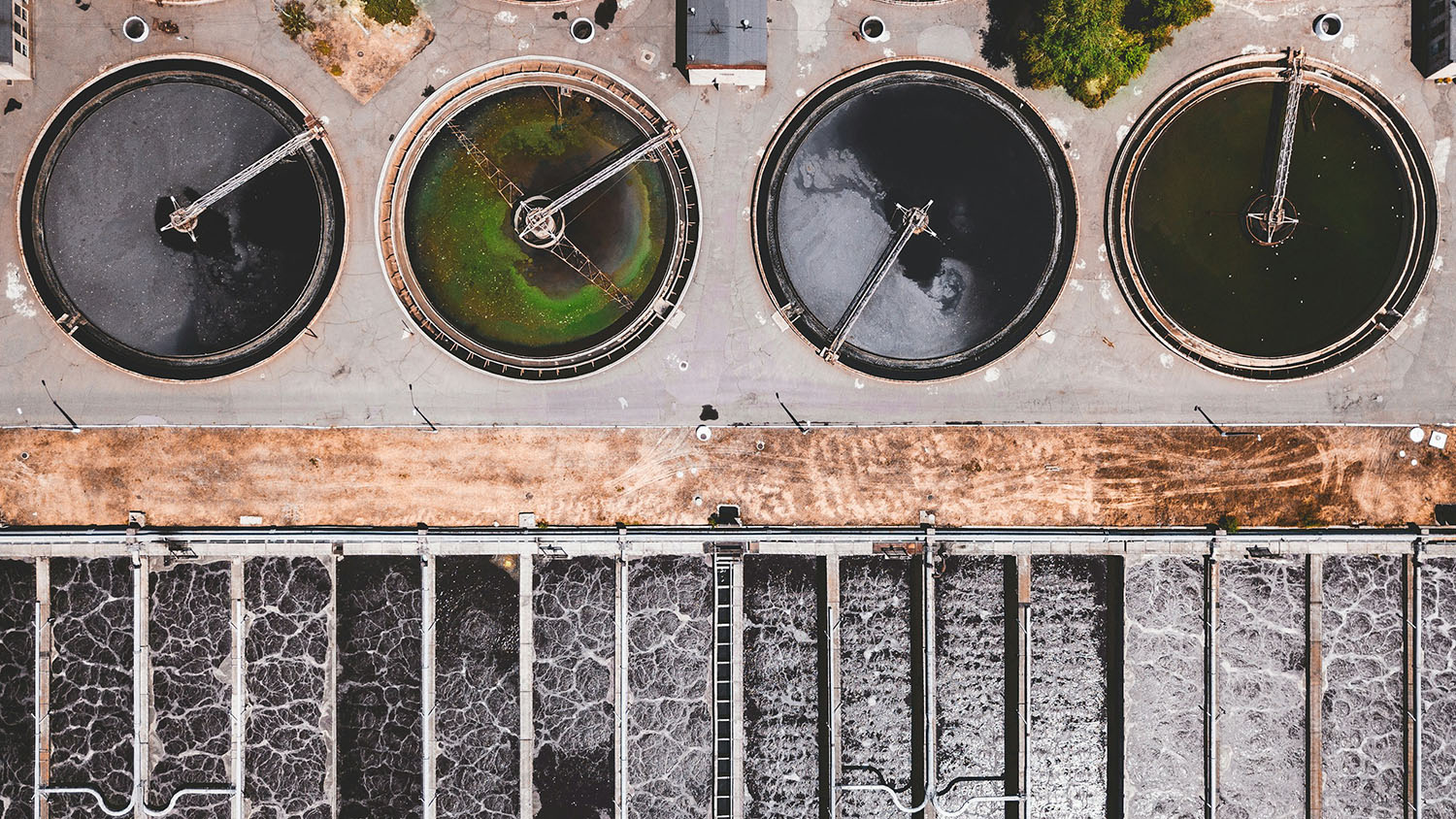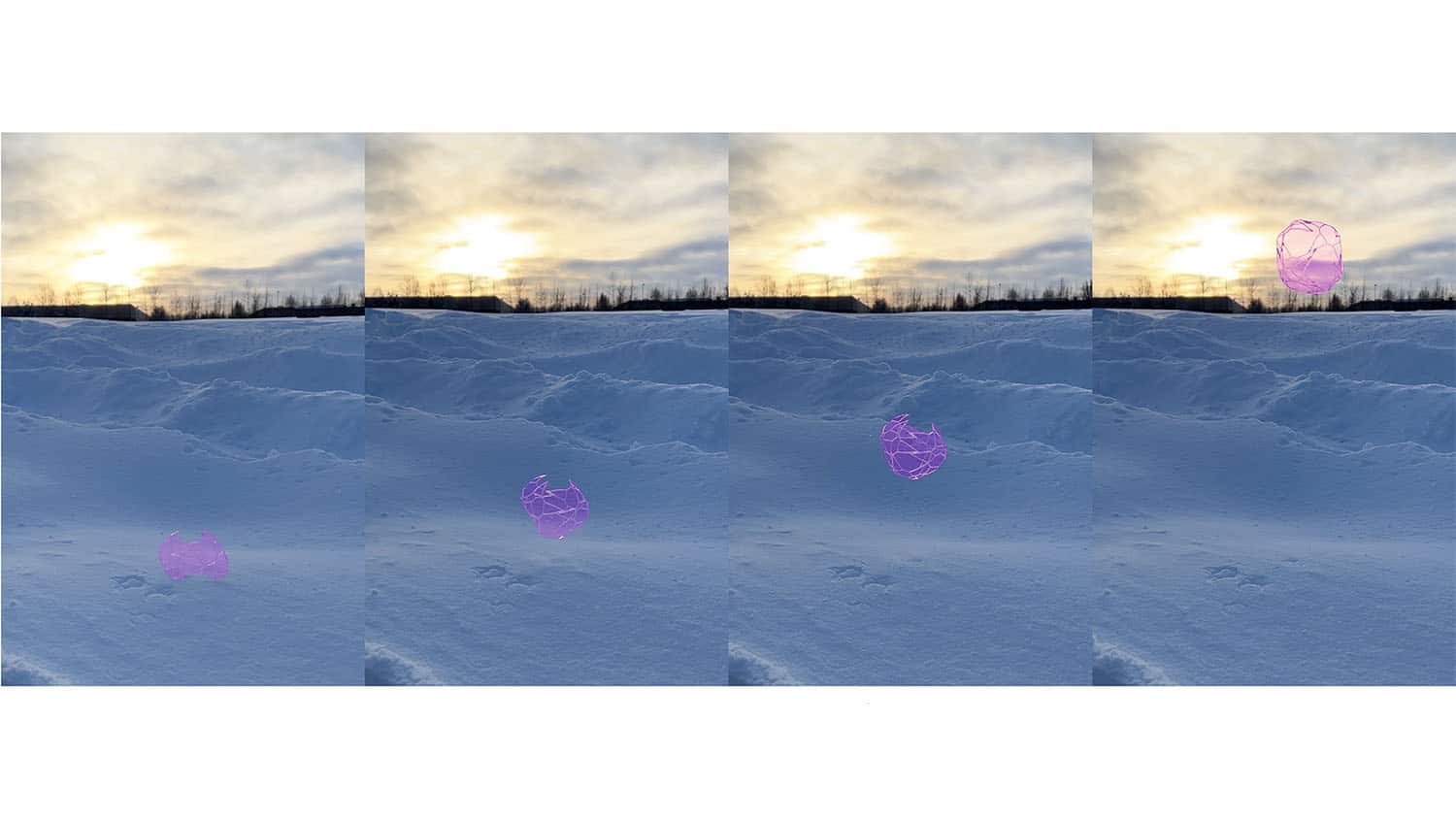Study Suggests Dan River Water Is Suitable for Irrigation and as Drinking Water for Livestock
Using projections of water-quality trends based on hundreds of water analyses made during a 40-day period following the release of approximately 39,000 tons of coal ash into the Dan River on Feb. 2, 2014, North Carolina State University soil scientists conclude that the river water is suitable for use as irrigation water on crops and as drinking water for livestock.
The study is available online.
Researchers caution, however, that flooding, drought conditions or other episodic events in or around the river could change the conditions measurably.
The study, completed by soil scientists Dean Hesterberg, Matt Polizzotto and Carl Crozier, also includes practical considerations for farmers who plan to irrigate crops using Dan River water. They include monitoring water-quality information sources like those hosted by the Environmental Protection Agency; ensuring that irrigated water comes from near the surface rather than from the bottom of the river; avoiding irrigation when total metal concentrations or total suspended solids – the solid particles floating in water, including soil particles eroded into the river as well as ash particles – are elevated above water-quality standards; and testing area agricultural soils and crop tissues annually.
“We wanted to provide some answers for people with agricultural needs who live near the Dan River,” Hesterberg said. “We used the available water-quality data to provide an assessment for agricultural uses, but this study does not address water quality for human consumption or sediment issues associated with the spill.”
The unfunded study serves as a response to questions about the spill’s agricultural impacts from farmers and N.C. Cooperative Extension Service agents who live and work near the Dan River.
– kulikowski –
- Categories:


